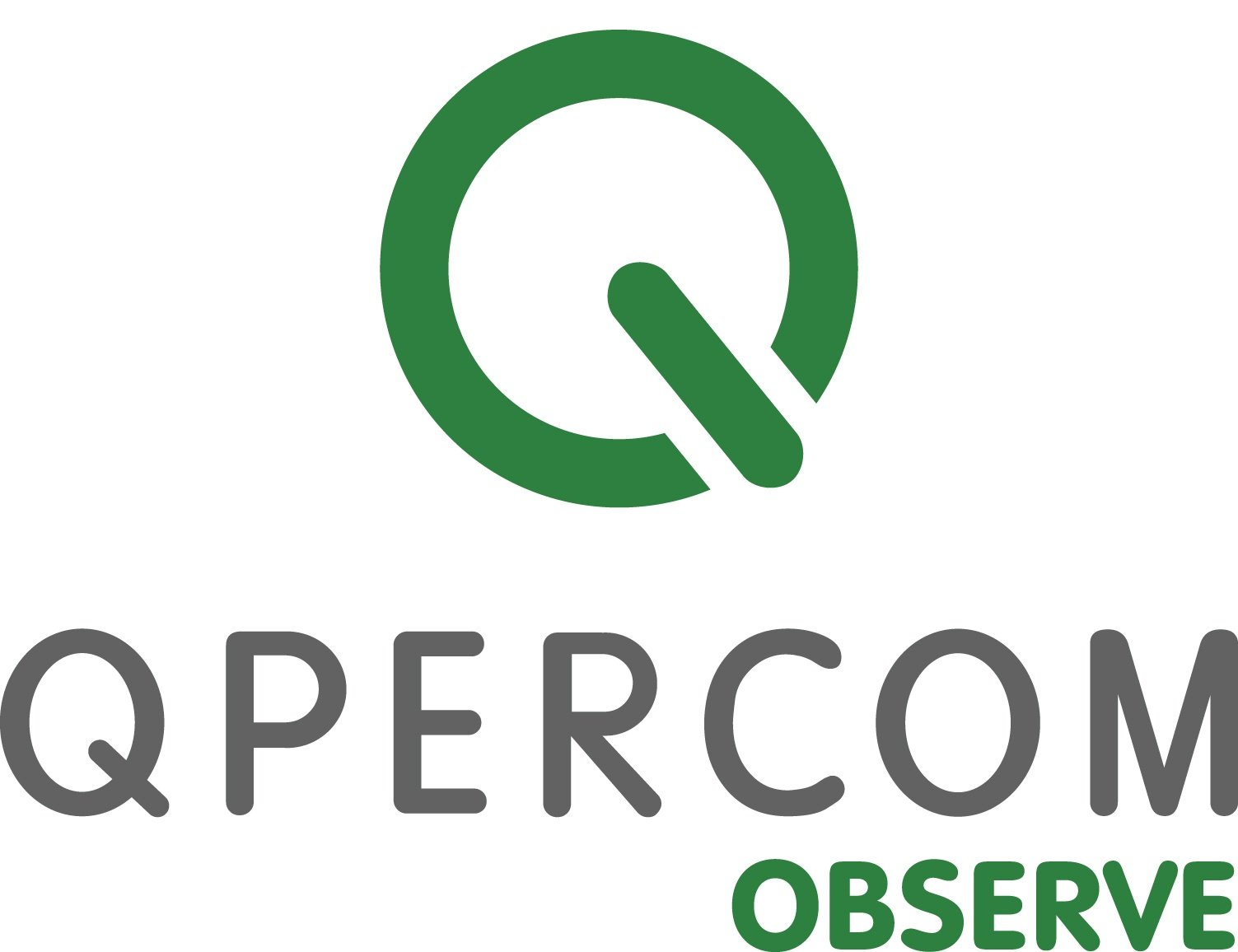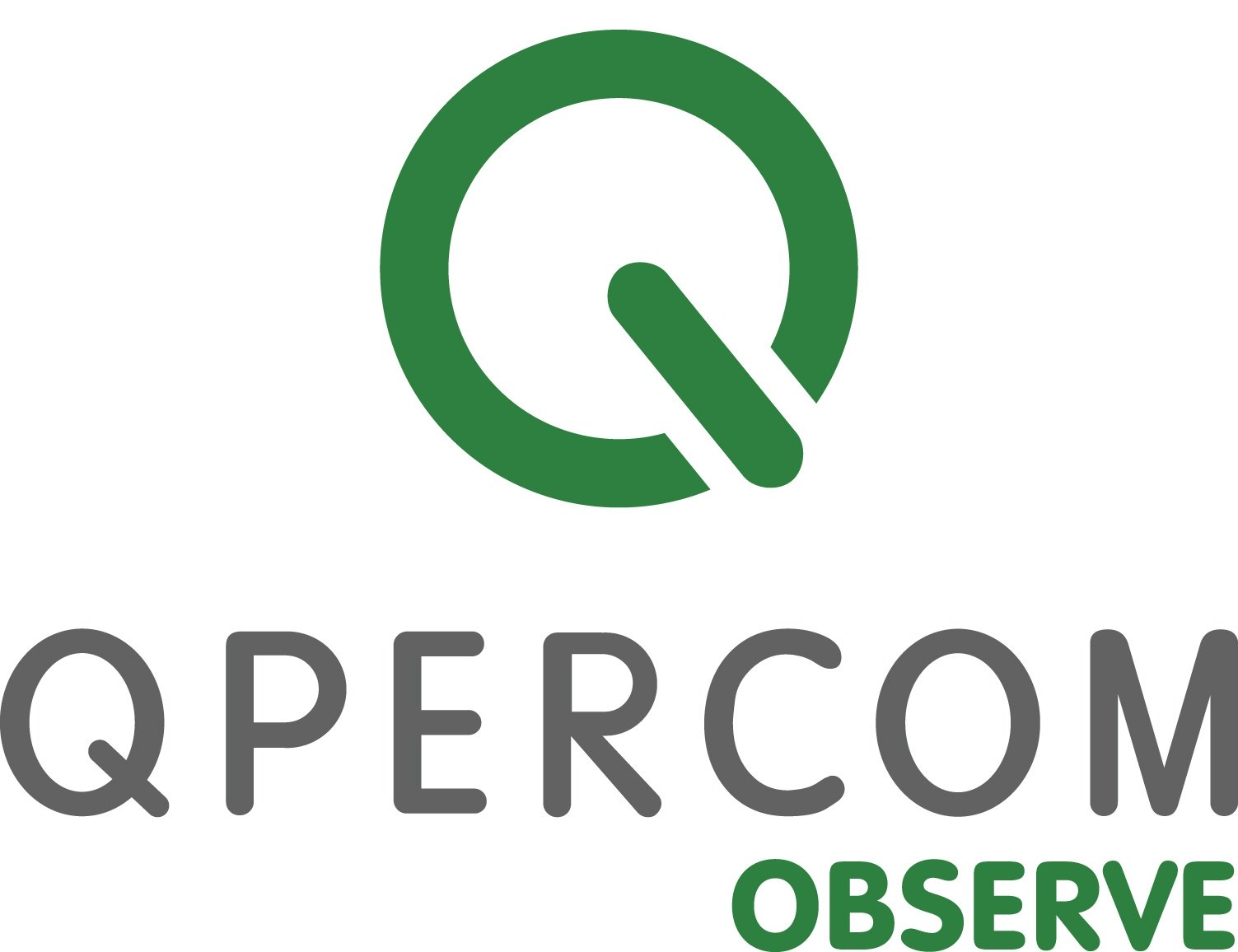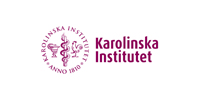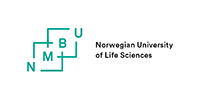Our tech team has successfully overhauled Observe (formerly OMIS) 1.8.5. and are rolling out version 1.9.43 at our home base. Due to the invaluable feedback of clients, module and OSCE coordinators, and other individual users, we have improved Observe functionalities to the maximal standard.

Qpercom is a leader in online Clinical Skills Assessments, including Objective Structured Clinical Examinations (OSCEs). Members of our team research online data of Clinical Skills Assessment, and the results are being published in core Medical Education journals and where applicable, incorporated in version 1.9.43.
Over the next couple of months, following testing with one of our key clients in Singapore, we will roll out this new version for all of our clients. As always, data is highly secured and will be fully incorporated into the new version of Observe.
New Multiple Examiners Enhancement
In close collaboration with the National University of Singapore, a Multiple Examiners enhancement for high-stake examinations was developed and implemented between 2013-2014. This enhancement now becomes available to any other partner who may be interested. Examiner variability is a key concern in any assessment scenario. Although OSCE’s are well known for their robust nature, Observe provides instant psychometric analysis while the examination is ongoing.
Results of Generalizability Theory analysis show despite it being a robust exam, examiners variability is the major source of variation. This multi-examiners enhancement allows two or more examiners to assess one or more stations. Stations are specifically assigned to named examiners, and examiners weighting can be set according to experience or expertise in the field of examination. Observe will calculate the weighted average between examiners and consensus can be reached without further querying. This process offers another means of reducing variability and increasing the quality standard of high-stakes assessment.





























